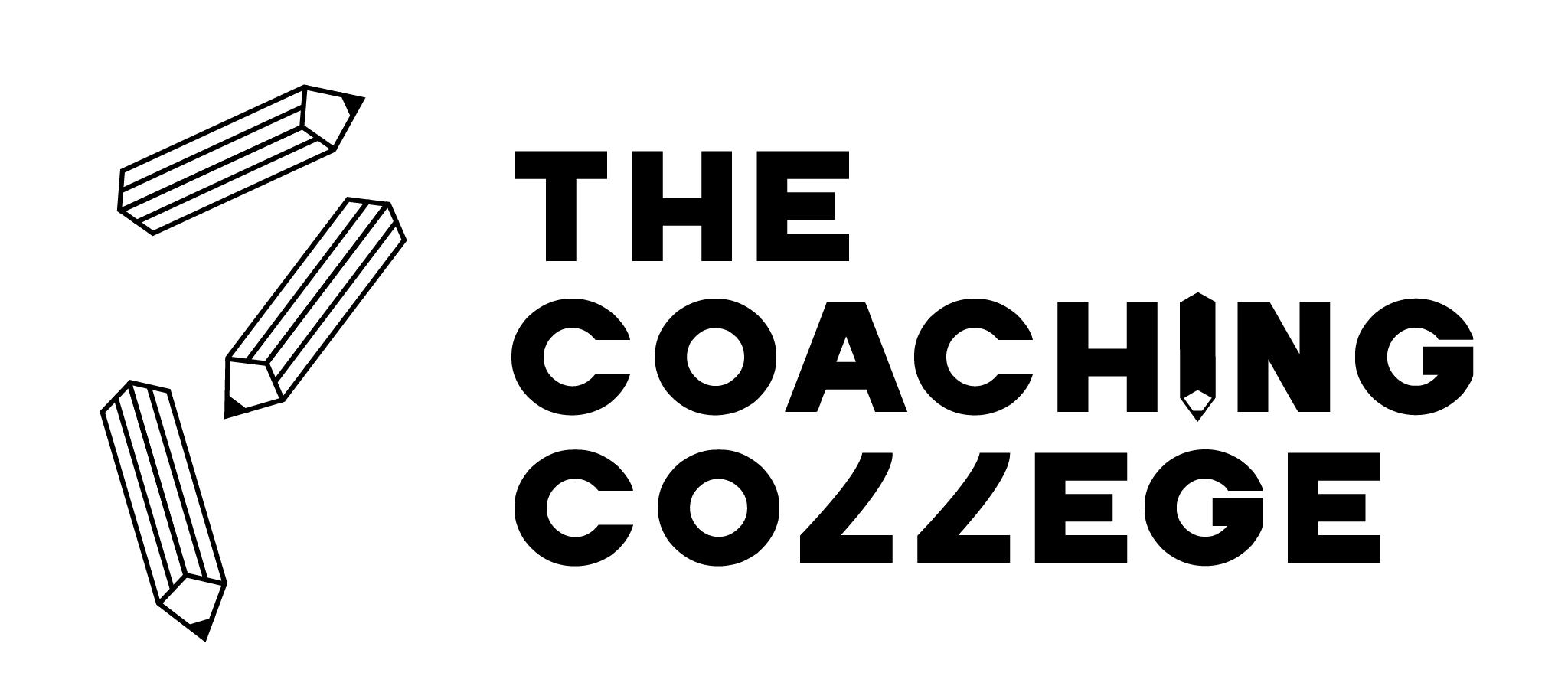
27 Apr Why Year 10 Has Become So Critical Again
After the School Certificate was discontinued in 2012 and less students chose to leave school, Year 10 lost its mark as a critical schooling year. Since then, there has been a rise in heated conversations, meetings and information evenings for students and parents, and so Year 10 has once again been recognised as quite the educational turning point for many students.
THE CHANGE THAT MAY BE NEEDED FOR STUDY HABITS
Up until Year 10, some students relied heavily on their natural ability to achieve academic success. Yet upon arriving on this year, it’s these same students that begin to feel pressure. They start to realise that those high marks no longer come as easily as they had before. Instead, they find their top ranks superseded by students that have long-persisted and worked hard over time; now catching up or even overtaking them. Will you adapt or will you maintain your junior year study? With over 25 years experience of watching Year 10 students grow, I can tell you the type of student you are in Year 10 sets the pattern that will you follow all the way through to the HSC.
SENIOR SUBJECT SELECTIONS
One of the most important decisions a Year 10 student needs to make is selecting the subjects they will sit for their Preliminary and HSC years. More often than I’d like to acknowledge, I’ve seen students that have performed well in their junior years at high school, only to lose interest and pick easier subjects in their senior years, which ends up restricting their ATAR.
TIPS FOR YEAR 10 SUBJECT SELECTION
TIP #1 Consider a minimum of 2U Advanced English and 2U Advanced Mathematics
I strongly recommend that anyone wishing to attend university consider these subjects. As these are higher-level subjects, Year 10 students will be required to demonstrate their competency in these subjects to their school that year. By doing so, you are not pressured into selecting easier levels of English and Mathematics, which can restrict your subject offerings.
TIP #2 Choose the subjects you’re good at
The remainder of your subjects should be chosen according to your individual interests and abilities. It does not matter whether they ‘scale’ highly or not. If it is one of your stronger subjects, choose it. You will perform well and thus, rank well.
TIP #3 Try those harder subjects in Year 11
It’s important to remember that you can always try a harder-level subject and then drop down to an easier one later. Generally speaking, schools will not allow you to start on a lower-level subject and then move up to a higher-level subject.
TIP #4 Take your time and choose wisely
Take the time to draft it and plan alternatives and options. What happens if your favoured subject is not offered at your school? Don’t hand in your selection forms without sharing your ideas with another peer, a parent or your tutor. What you choose now affects the last two years of your high school education: your HSC years.

